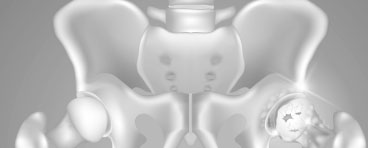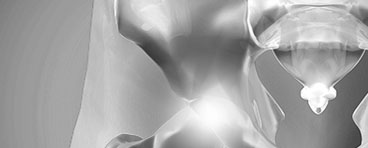Click on the links below to find out more
Total Knee Replacement
RECOVERY & RISKS
Unicompartmental knee replacement is a safe and effective treatment for knee arthritis and has excellent long term outcomes
RECOVERY
You will be able to get up from Day 1 with the use of crutches for balance and start walking on your new knee with the guidance of our physiotherapy team. Some minor discomfort is to be expected during the first week or two, and this will settle gradually over time. We will review you at two weeks to check your wounds and monitor your rehabilitation. In most cases by week 4-6 patients are comfortable walking unassisted with the use of crutches. An exercise bike is recommended from 2 weeks post operatively and hydrotherapy from 4 weeks post operatively. Walking for exercise is encouraged from 8 weeks post operatively. Patients continue to improve with strength, walking and balance up to 1 year post surgery.
Risks and Complications
Knee replacement surgery overall is highly effective and rarely has complications. Dr Slattery takes extensive precautions to prevent complications at every step of your journey, however, complications can still occur with any surgery. Dr Slattery will get you to see a specialist physician prior to your knee replacement to optimize your overall medical condition and prevent medical complications.
Risks related to partial knee replacement surgery include:
Progression of the Arthritis
Over time arthritis can spread to the other areas of the knee, which may mean replacing your partial knee replacement with a total knee replacement.
Wear/Loosening
Over time the plastic within the knee replacement can wear out and may require changing, similarly to the tyres on a car. Occasionally the replacement itself may come loose and need to be replaced.
Infection
Infection may occur in the wound or deep around the prosthesis, this even occur years later. Minor infections in the wound area are generally treated with antibiotics. Major or deep infections may require more surgery. Any infection in your body can spread to your joint replacement. Dr Slattery gives all patients antibiotics before and during the operation to prevent infections occurring.
Blood clots(DVT)
Blood clots in the leg veins can be life-threatening if they break free and travel to your lungs. Dr Slattery utilizes a range of preventative measures to stop these occurring which include: medications, compression stockings, pneumatic compression devices, and early mobilization.
Stiffness
Scarring occurs around any place that you undergo surgery, in the knee this scarring causes stiffness and prevents it bending properly. It is essential to move your knee early and take sufficient painkillers to allow you to perform your range of exercises daily. If stiffness is an ongoing problem sometimes further surgery is required to remove the scar tissue.
Swelling
Some patients can get recurrent swelling in the knee, this can be due to a variety of causes, but normally settles over time.
Continued Pain
A small number of patients continue to have pain after a knee replacement. This complication is rare, however, and the vast majority of patients experience excellent pain relief following knee replacement.
Nerve/Blood Vessel Damage
While extremely rare, injury to the nerves or blood vessels around the knee can occur during surgery.
Numbness
Dr Slattery uses a lateral incision which aims to prevent numbness at the front of the knee, however a small group of patients still experience numbness at the side of the knee, this normally settles over 6-12months.







